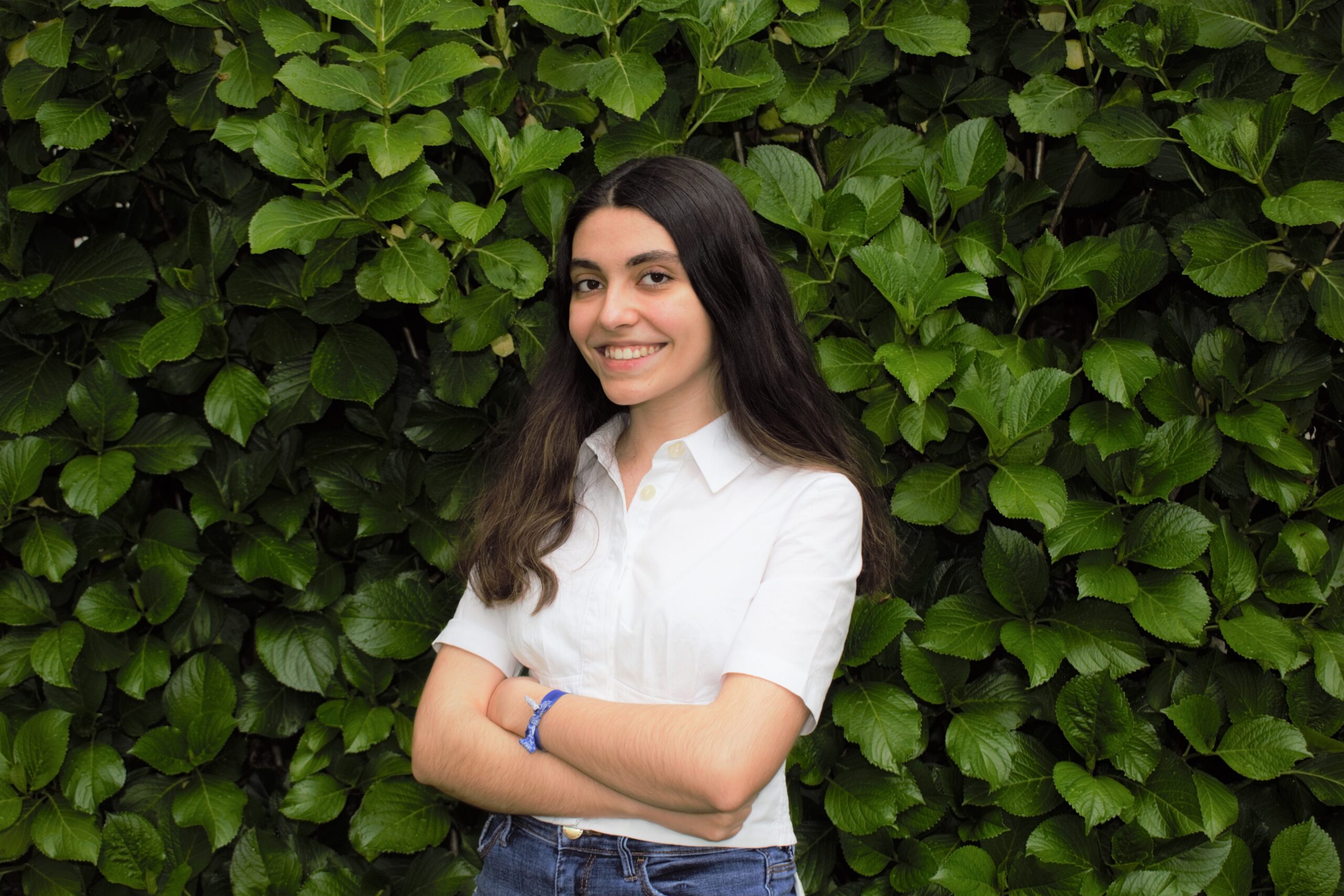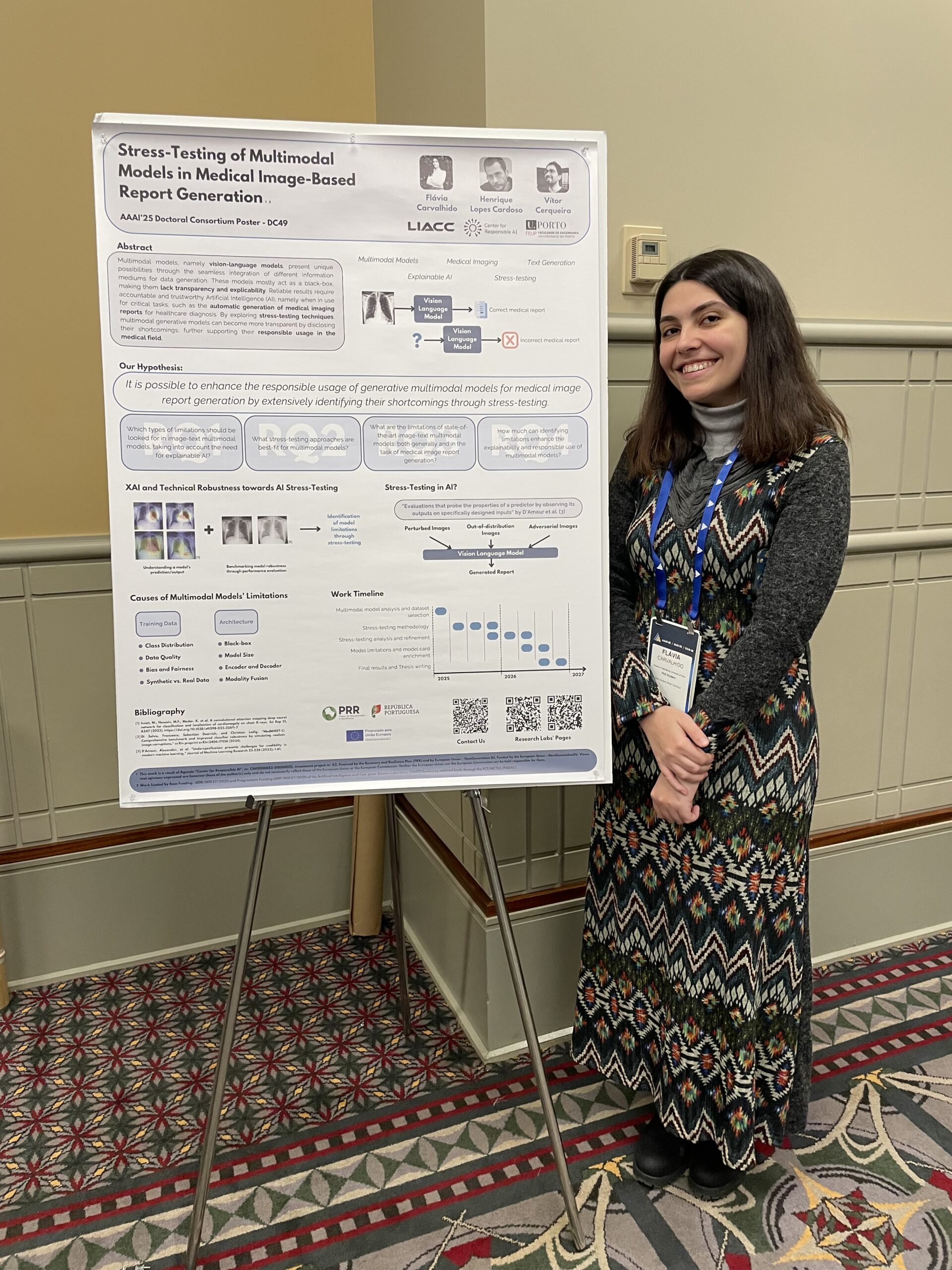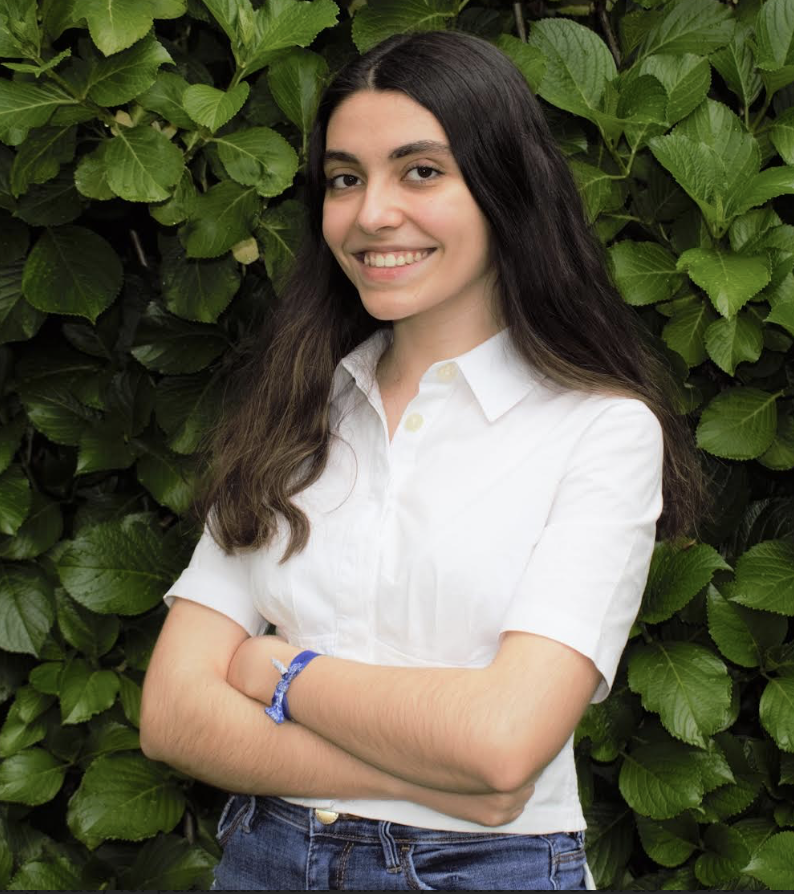
In this interview series, we’re meeting some of the AAAI/SIGAI Doctoral Consortium participants to find out more about their research. In this latest interview, we hear from Flávia Carvalhido who is a PhD student at the University of Porto. We find out about her work on responsible multimodal AI, what inspired her to study AI, and how she found the Doctoral Consortium experience.
Tell us a bit about your PhD – where are you studying, and what is the topic of your research?
My PhD programme is on Informatics Engineering in the Faculty of Engineering at the University of Porto, where I also got both my Bachelor’s and Master’s in the same field. My thesis research project is focused on responsible multimodal AI, titled “Stress Testing of Image-Text Multimodal Models in Medical Image Report Generation”, supervised by Professor Henrique Lopes Cardoso and Professor Vítor Cerqueira and developed in the LIACC research laboratory. It is a research work developed within the Center for Responsible AI project agenda in a collaboration managed by Professor Carlos Soares.
The goal of this research project is to enhance the responsible usage of multimodal AI for medical image report generation, a safety-critical healthcare task, by employing stress testing techniques on state-of-the-art models in order to find their limitations. By doing so, we hope to foster a more informed usage of these models and establish stress testing as a core procedure of responsible AI development.
Could you give us an overview of the research you’ve carried out so far during your PhD?
Having already defended my thesis proposal plan, I am currently at a developmental stage of the PhD work. A complete literature review has already been carried out, along with a planning stage to guide the research. I have defined a methodology plan in order to answer our research questions over the span of three years, conducting research that covers several topics: Multimodal AI, Medical Image Report Generation, Explainable AI, Model Robustness, Responsible AI, and Stress Testing. Additionally, I have taken this planning stage as an opportunity to acquire further knowledge and share my ideas with other researchers by participating in a plurality of events: summer schools, symposiums, and conferences, such as AAAI’25.
Is there an aspect of your research that has been particularly interesting?
Working on a topic that is underdeveloped in AI – stress testing – gives me a unique opportunity to navigate a novel research direction. This brings a lot of opportunities but also challenges to the table. It allows me to potentially make new discoveries and groundbreaking proposals to define this concept in AI, but I also have to be original and pioneer this research direction, conducting high-quality and well-founded research, that can have a real impact.
Moreover, staying updated with the novel discoveries in the field has given me an interesting perspective on how fast research work is carried out in multimodal generative AI. Every week, new papers are published, meaning my own research is in constant need of development and updating to be in line with the most recent findings. Given that I am working with a safety-critical multimodal healthcare task – medical image report generation – the usage of AI must follow safe and responsible principles, and many times these values aren’t thoroughly prioritized. My research aims to address this gap, but balancing the fast progress in multimodal AI with the slower pace of responsible AI research poses a key challenge in my PhD.
 Flávia presenting her poster at the Doctoral Consortium at AAAI 2025.
Flávia presenting her poster at the Doctoral Consortium at AAAI 2025.
What are your plans for building on your research so far during the PhD – what aspects will you be investigating next?
Regarding medical image report generation, the object of my PhD, I will be exploring the different aspects of the task. By using state-of-the-art models and further comparing them using XAI techniques, while evaluating their performance, I hope to establish a representative baseline of approaches on which to apply my initial stress testing methodologies. Understanding generative model behavior is our end goal, so exploring the many models used for this task will be my next step.
After doing so, I will start by probing the models with generally “challenging” or stress-inducing inputs, as our first attempt at stress testing, to then document any changes in model performance and generative behavior. Further establishing what constitutes a stress-inducing input and, overall, stress testing as a concept within AI is a crucial step in this stage.
What made you want to study AI?
AI has always been fascinating to me. I have always had this love for technology. Since I was little, I have always wanted to know how computers work, how the world works. My parents had to get me a computer really early, to get me off theirs. Driven by this curiosity, I ended up studying engineering, specifically Informatics and Computer Engineering. That was my first real contact with AI. Out of all the classes I took, any AI class would always be the one I would be most interested in. Because of all the possibilities AI could unlock, and because it is forever changing.
AI will never get boring; there will always be something new to learn, something new to discover, and that is exactly what drives me and my curiosity. The positive impact someone can have with new AI discoveries is just the kind of legacy I want to leave behind.
What advice would you give to someone thinking of doing a PhD in the field?
Generally, PhDs are a challenge and a promise to oneself. A challenge to your determination, motivation, and work. A promise to commit your everyday to your own work and career. You are your own boss, but as your boss, you have to empower yourself and push forward.
A PhD in AI has these same challenges with a twist. AI research moves fast, and so should you. Be prepared for changes and new discoveries, be adaptable and, most of all, stay focused on your goals. AI research has room for all perspectives and contributions, so if you are thinking about doing a PhD in AI, be prepared to jump right into it and make the most of it, for yourself and for research.
How was the AAAI Doctoral Consortium, and the AAAI conference experience in general?
Having attended the AAAI Doctoral Consortium was an amazing experience that opened my eyes to the multitude of different research ideas out there and different perspectives on the present and future of AI. Meeting fellow young researchers and getting to listen to experienced professionals in the area at such a massive event was an incredible and enriching experience that I will never forget. It was also my very first conference experience, and what better way than to start with one of the best and biggest conferences in AI? I hope I get the chance to attend the AAAI conference again in the near future!
Could you tell us an interesting (non-AI related) fact about you?
I live in Portugal, but I love to travel around. One would think that living in a country that has an amazing coastline, lush mountains, and a long historical background would make it less interesting to visit other countries, but I just love experiencing different cultures. I have travelled to more than 10 different European countries, most of which I visited while volunteering! My first trip outside of Europe was actually while travelling to AAAI’25 in Philadelphia, which is just an awesome city to learn about the history of the USA and its establishment as an independent country. My dream destination is Japan, simply because of the cultural clash I would experience. Bonus: I am a foodie, so travelling gives me plenty of opportunities to try dishes that I could never try at home.
About Flávia
 | Flávia Carvalhido is a 24-year-old PhD candidate from Porto, Portugal. She started her PhD studies in 2023, having obtained her Master’s in Informatics Engineering earlier that year. She is working under the supervision of Professor Henrique Lopes Cardoso and Professor Vítor Cerqueira as a student researcher in the LIACC laboratory. Her research areas of interest include Responsible AI, Multimodal Models, Natural Language Processing, Computer Vision, and AI for Healthcare. Aside from her academic interests, she is passionate about volunteering, having been involved in educational and environmental projects. |

